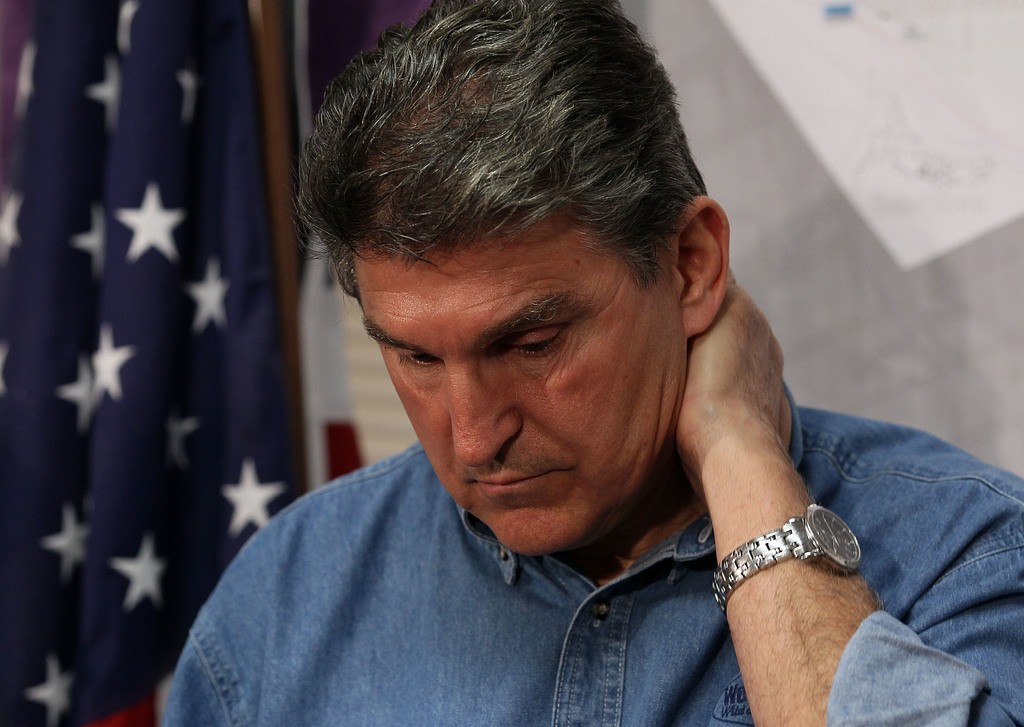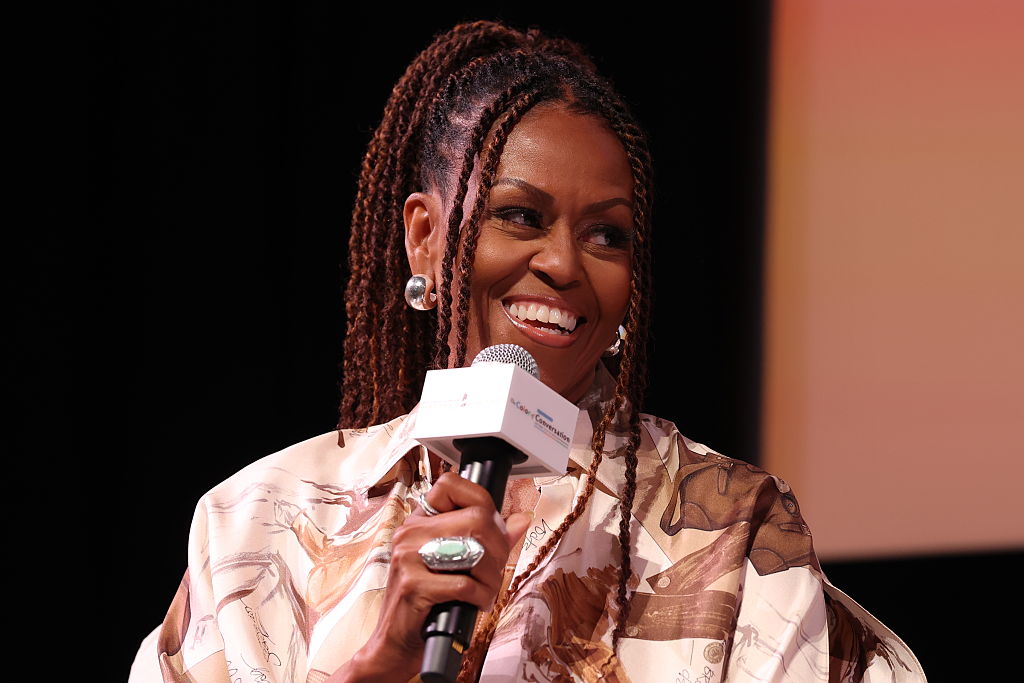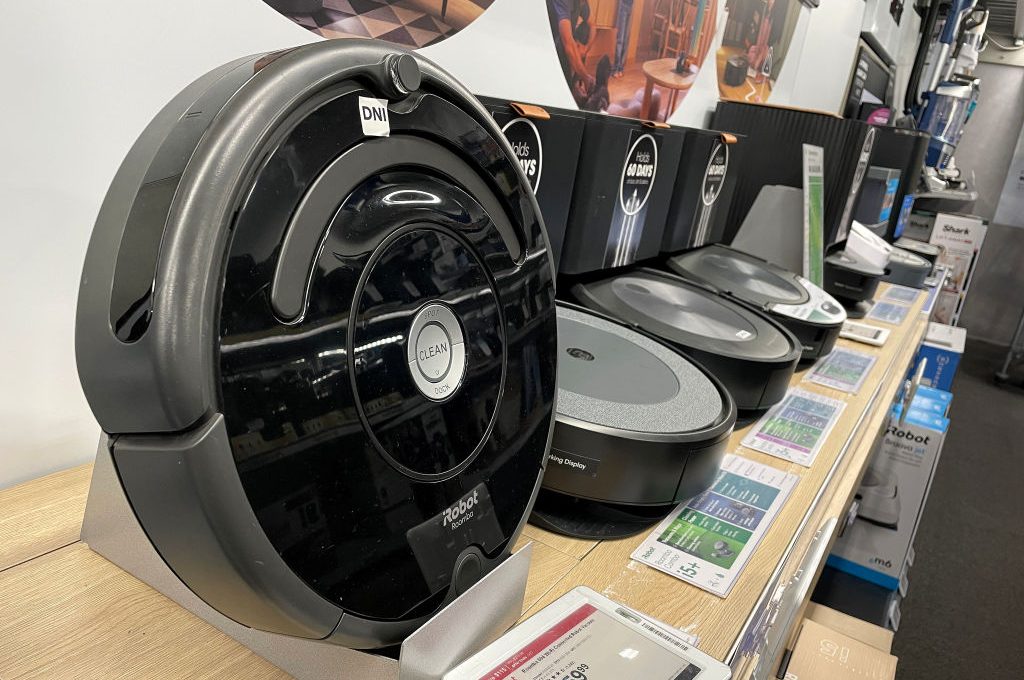Joe Manchin sends his regrets. The Democratic senator from West Virginia now concedes it was “a mistake politically” to support Hillary Clinton, his party’s presidential nominee, in 2016. He is open to backing President Trump for reelection in two years.
Manchin has ample reason to change his tune. He is one of ten Democratic senators running for reelection this year in a state Trump won, but arguably no one is in a worse position than him. Trump won West Virginia by 42 points and remains popular there now, posting a job approval rating above 60 per cent.
Politico headlined a recent story about his dilemma “Manchin goes full MAGA,” an acronym of the Trump campaign slogan—”Make America Great Again”—embraced by the president’s most fervent supporters. But the reality is more complicated. Too conservative for national Democrats, possibly too liberal for West Virginia, Manchin is among the last of the Blue Dogs still barking.
Republicans have all but wiped this breed out, starting with the 1994 elections that saw the first GOP House majority in 40 years and extending through the Tea Party wave of 2010. The paradox is that these titanic backlashes against liberalism depleted the ranks of moderate and conservative Democrats on Capitol Hill until there are barely any left.
Even as a backlash against Republicans loom in suburbia, Trump may yet finish these Democrats off. The main areas where he is growing the GOP are working-class but culturally conservative, a formula for turning blue-collar voters red. This includes places like West Virginia, where Manchin’s once-robust poll numbers have tumbled. Also a former governor of West Virginia, Manchin undoubtedly thought he was following a shrewd strategy for staying in his constituents’ good graces. He voted to confirm Neil Gorsuch to the Supreme Court, a matter of grave importance to social conservatives, and Scott Pruitt to head the Environmental Protection Agency, siding with the state’s coal industry in favor of sweeping environmental deregulation. He even voted for Jeff Sessions for attorney general. But he stuck with fellow Democrats in standing athwart other aspects of the GOP’s economic conservatism.
That led to a situation where Manchin voted with Trump nearly 62 per cent of the time, according to an analysis by FiveThirtyEight, but he opposed the administration’s two biggest legislative priorities: Obamacare repeal and the tax cut. That was sufficient to draw the president’s ire.
“Joe’s a nice guy,” Trump told the New York Times last year. “But he talks. But he doesn’t do anything. He doesn’t do. ‘Hey, let’s get together, let’s do bipartisan.’ I say, ‘Good let’s go.’ Then you don’t hear from him again.”
Thus you have a Democratic senator who will vote with Trump most of the time, certainly whenever the political costs of doing so aren’t prohibitive, at a time when other Democrats oppose the president across the board and are trying to ride the Resistance to power. If Trump scores another legislative victory before the midterm elections, this senator will almost certainly be on his side.
Or if Republicans have anything to say about it, you won’t hear from him again.
W. James Antle III is politics editor of the Washington Examiner

























